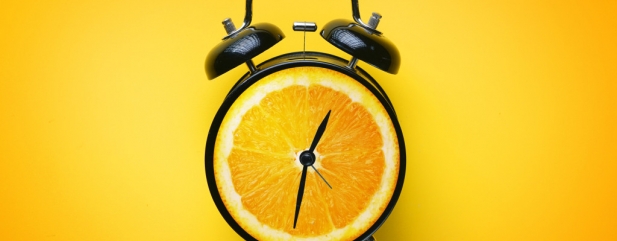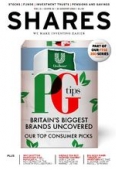Archived article
Please note that tax, investment, pension and ISA rules can change and the information and any views contained in this article may now be inaccurate.
Food and drink industry on alert

There were two bombshells in the weekend press for the UK food industry. First, leaked government files predicted that in the event of a no-deal exit from the EU, supplies of fresh food would be reduced.
Second, Lidl’s Irish subsidiary reminded its suppliers that as of 1 November they would need to cover all import duties from the UK.
Despite protestations from ministers that the leaked report, code-named Operation Yellowhammer, was ‘old’ and represented a
worst-case scenario, Westminster officials insisted that it was compiled this month and painted a picture of ‘likely, basic, reasonable scenarios – not the worst case’.
Meanwhile Lidl, which has 162 stores and a 12% grocery market share in southern Ireland, served notice that it expects suppliers to foot the bill for EU import tariffs under its ‘delivery duty-paid’ agreements, raising the prospect of higher costs for UK food and drink exporters to the whole of the EU.
‘NOT PROJECT FEAR’
Whitehall insiders described the leaked dossier, which revealed details of the government’s behind-the-scenes efforts to ensure supplies of fuel, food and medicine, as ‘the most realistic assessment of what the public face’ in the event of no deal.
According to the dossier, a no-deal exit would not only impact the availability of fresh food but also key ingredients and even the chemicals required to treat drinking water. Due to a lack of vets and abattoir staff there could also be a major bottleneck in meat processing.
For the industry, the timing of the UK’s leaving the EU could not be worse as there is no flex in the system ahead of Christmas, with frozen, chilled and ambient warehouses already full.
DOUBLE WHAMMY
For UK food producers exporting to the EU there was already the prospect of major delays at Channel ports lasting into the New Year. The government report suggests that up to 85% of British lorries may not be ready for extra French customs checks by October, but there is also the issue of border checks in Ireland.
Adding to their problems, the warning from Lidl Ireland that UK suppliers will need to pay all EU import tariffs means they could be subject to higher costs not just in Ireland but across the EU.
While the UK government can set tariffs on EU goods entering the country, it has no say on EU tariffs on UK goods being exported, and Lidl is unlikely to be alone in demanding that suppliers stump up the increased duties under a no-deal exit.
One of the UK’s biggest food exports by value is Scotch whisky, with £4.7bn of sales last year of which 30% went to Europe. For drinks giant Diageo (DGE), 24% of its sales or £2.5bn were to Europe last year including whisky.
Important information:
These articles are provided by Shares magazine which is published by AJ Bell Media, a part of AJ Bell. Shares is not written by AJ Bell.
Shares is provided for your general information and use and is not a personal recommendation to invest. It is not intended to be relied upon by you in making or not making any investment decisions. The investments referred to in these articles will not be suitable for all investors. If in doubt please seek appropriate independent financial advice.
Investors acting on the information in these articles do so at their own risk and AJ Bell Media and its staff do not accept liability for losses suffered by investors as a result of their investment decisions.

 magazine
magazine








